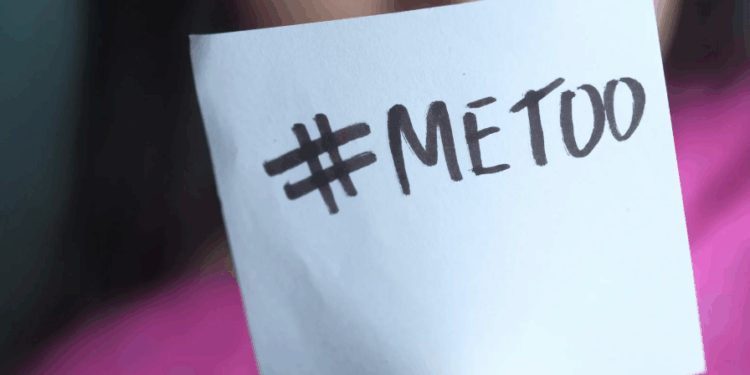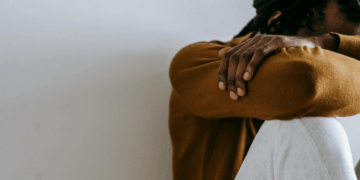As of June 12, 2025, the federal trial of Sean “Diddy” Combs continues to draw global attention as it enters its fifth week in Lower Manhattan. Combs faces multiple federal charges, including racketeering conspiracy, sex trafficking, and transportation to engage in prostitution. The prosecution has now wrapped up its main case, and the defense has shifted into full gear, aiming to challenge the credibility of witnesses and undermine the narrative of abuse that has emerged over the past month.
Much of the courtroom drama this week has centered on the testimony of a second accuser, identified only as “Jane.” Her harrowing account mirrored many of the claims brought forward by Combs’s former partner, Cassie Ventura. Jane described being coerced into sexually explicit situations, including being ordered to sleep with an escort and attending drug-fueled “freak-off” parties allegedly orchestrated by Combs. During cross-examination, defense attorney Teny Geragos attempted to challenge Jane’s reliability by reading romantic texts she had sent Combs after the incidents, casting doubt on her testimony and her interpretation of the relationship. Jane, however, maintained that she was manipulated and threatened into compliance, describing how Combs used intimidation and emotional control to maintain power over her.
Cassie Ventura, whose earlier testimony anchored the prosecution’s narrative, described years of abuse, grooming, and control. Her account detailed not just physical violence, but also a prolonged campaign of psychological manipulation and coercion. These testimonies are being used to support the prosecution’s RICO claim, that Combs’s actions were not isolated, but part of a coordinated criminal enterprise. Legal experts note that while proving racketeering is difficult, the prosecution’s argument hinges on demonstrating a consistent pattern of predatory behavior involving others in Combs’s inner circle.
Meanwhile, the courtroom itself has become a focal point for concern. Judge Arun Subramanian recently admonished Combs for using facial expressions and body language to communicate with jurors, warning that such behavior could influence the trial’s fairness. Additionally, the prosecution has asked the judge to remove a juror for potential dishonesty during selection. The defense, in response, argued that the move is racially motivated, highlighting the delicate racial and procedural tensions underlying the trial.
Outside the courtroom, public and media reactions continue to shape the cultural context of the case. Late-night hosts and social media commentators have amplified the high-profile nature of the trial. Comedian Jimmy Kimmel recently quipped about Combs bringing his sons to court on the same day explicit testimony was presented—illustrating the surreal blend of celebrity and scandal that has marked the proceedings.
Amid the headlines, advocates are calling attention to the deeper societal issues at play, particularly around grooming and the abuse of power. Linsey Lunny, CEO of Hidden Strength, a free mental health app for youth, points out that the Diddy case reveals how grooming can often be misinterpreted as care or mentorship.
“The Diddy case has opened up an important conversation about grooming culture—how it can be disguised as care, mentorship or even affection… especially when power is involved. Grooming doesn’t always look sinister at first; it often begins with attention, gifts or a sense of being chosen.” says Linsey Lunny, CEO of Hidden Strength.
Hidden Strength, Hidden Strength, a free mental health app for young people aged 13–24, recently surveyed teens and young adults across the US and UK regarding their mental health.
Lunny continues to assert that: “Over time, it chips away at your boundaries and rewrites your sense of what’s normal. If someone is making you feel like your worth depends on keeping secrets, staying silent or doing things that make you uncomfortable, that’s a red flag. No one should have to earn love or safety by giving up their voice.”
This case is not just a legal showdown, it ixs a cultural reckoning. The allegations and evidence surfacing in court are prompting many to reflect on how grooming operates in elite industries, how silence is enforced, and how normalized abuse can become when wrapped in power and prestige. The prosecution is expected to formally close its case by June 20, with the defense continuing cross-examinations and preparing its own list of witnesses. The trial may conclude by early July, though with growing scrutiny of courtroom conduct and jury dynamics, the final outcome remains uncertain. Regardless of the verdict, the Diddy trial is forcing a broader conversation about coercion, complicity, and the urgent need to redefine what safety and consent look like in the presence of power.

































